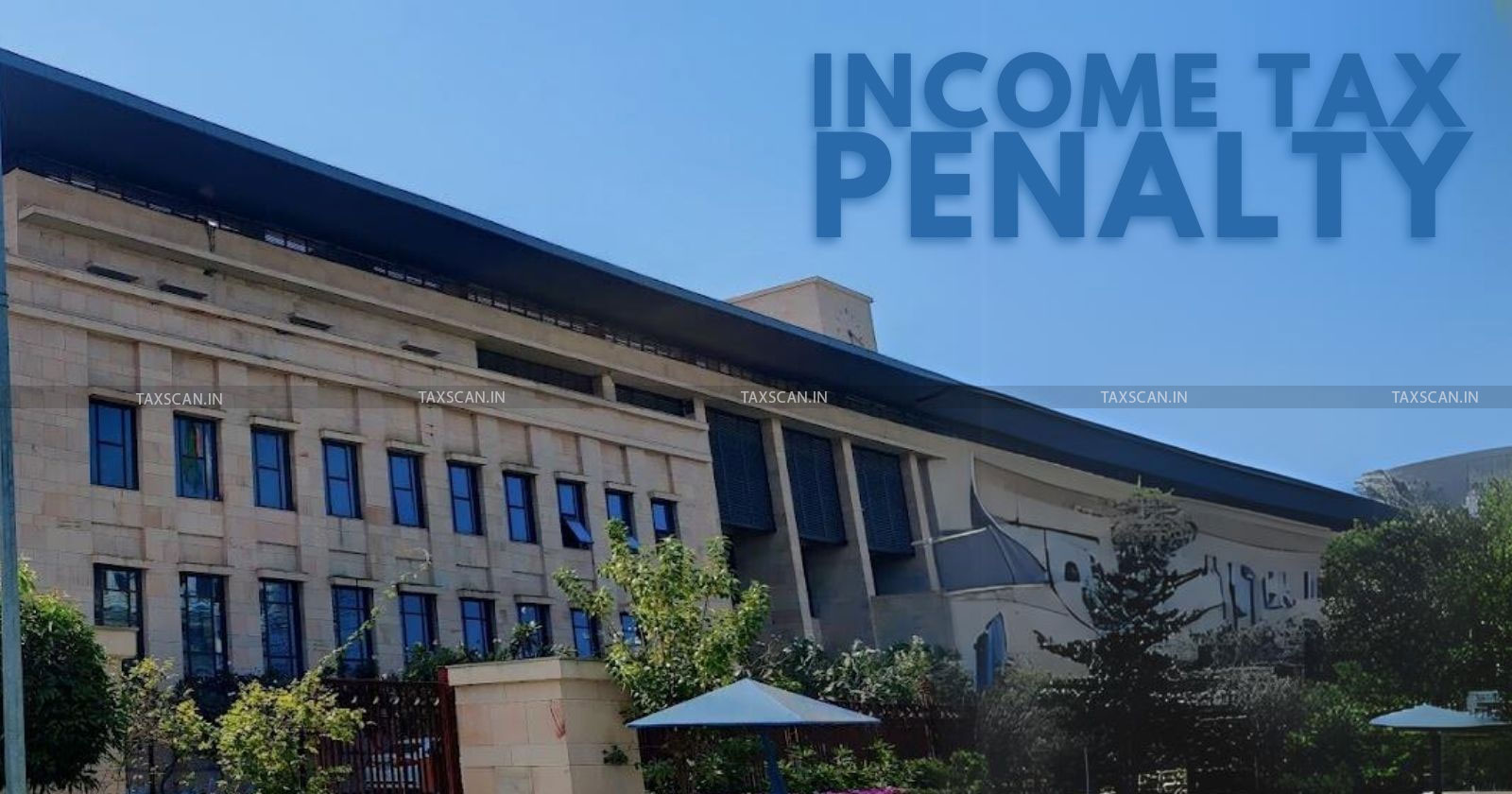AO Cannot Refer File to JC Regarding Penalty u/s 271D of Income Tax without Recording “Satisfaction”: Andhra Pradesh HC
The satisfaction of the Assessing Officer is required to be recorded because the officer, who passed the assessment order would not be levying the penalty under Sec.271D of the Act, unless it is recorded in the assessment order, he cannot refer the file to superior officer for initiating levy of penalty

The Andhra Pradesh High Court in its recent ruling has held that an Assessing Officer ( AO ) cannot refer an assessee's file to the Joint Commissioner of Income Tax for levying penalty under Section 271D of the Income Tax Act, 1961 without recording its “satisfaction”.The satisfaction of the Assessing Officer is required to be recorded because the officer, who passed the assessment order would not be levying the penalty under Sec.271D of the Act, unless it is recorded in the assessment order, he cannot refer the file to superior officer for initiating levy of penalty.
Grandhi Sri Venkata Amarendra,the petitioner had challenged penalty proceedings under Section 271D. The AO was of view that the Petitioner could not explain cash transactions amounting to Rs.6.65 crores with one Balakrishna Rao. The AO further reported that over Rs. 1 crore were paid by the Petitioner in excess, over and above the loans accepted.
Know How to Investigate Books of Accounts and Other Documents, Click Here
The Petitioner on the other hand claimed that he did not take any loans in cash as alleged, and that the said transactions were received through Banking channels.The AO cited a letter dated stated to have been issued by the petitioner to Balakrishna Rao, acknowledging the availment loan of Rs.6 3 crores, and pledging of immovable properties as collateral security.
The AO concluded that the petitioner had financial transactions with Balakrishna Rao, outside the books and outside banking channels for the subject assessment year. Therefore, the AO referred the file to the Joint Commissioner of Income Tax, calling for appropriate action. The JC then initiated penalty proceedings under Section 271D.
It was argued by petitioner that no satisfaction was recorded in the assessment order with regard to levy of penalty under Section 271D of the Act. The Department argued that an alternative remedy of appeal lies under Income Tax Act against the order impugned.
The High Court division bench of Justice G.Narendar And Justice Kiranmayee Mandava rejected Department's contention, stating that the AO, except for relying on Petitioner's letter, did not record any finding that there has been any violation of the provisions of Section 269SS by the assessee.
Section 271D of the Income Tax Act prescribes the penalty to be imposed on a taxpayer for taking loan or deposits in contravention of Section 269SS.
Know How to Investigate Books of Accounts and Other Documents, Click Here
It was evident that there will not be any occasion to the Joint Commissioner, who is not the Assessing Officer, to exercise his jurisdiction to levy Penalty under Section 271D Unless the Assessing Officer, who is the primary authority, based on the material before it, during assessment proceedings, arrives at a finding that there has been a violation of the provisions, like in the present case, of Section 269SS.
The Court allowed the writ petition and set aside the order passed under Section 271D of the Income Tax Act.
To Read the full text of the Order CLICK HERE
Support our journalism by subscribing to Taxscan premium. Follow us on Telegram for quick updates
GRANDHI SRI VENKATA AMARENDRA vs JOINT COMMISSIONER OF INCOME TAX , 2024 TAXSCAN (HC) 2131 , VIVEK CHANDRA SEKHAR S , VIJAY KUMAR PUNNA

